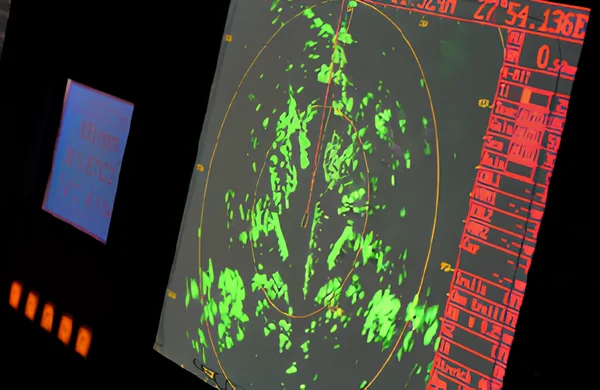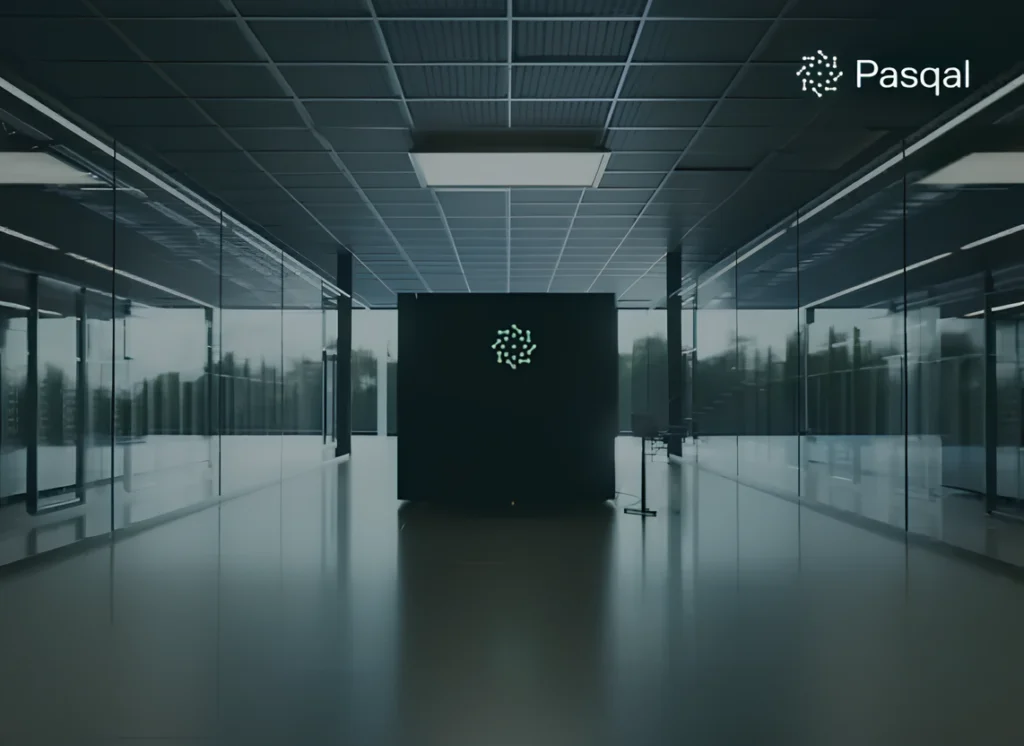
PRESS RELEASE — Quandela, the French start-up leader in quantum photonics, has announced the release of Perceval, a software package that enables the development and execution of optical quantum algorithms. Perceval is now available as open source to developers as well as to the scientific and industrial community to explore the potential applications of photonic quantum computing.
A new stage has been reached in the release of Quandela’s first photonic quantum platform, scheduled for the end of 2022. With the release of Perceval, Quandela gives quantum computation developers and users the opportunity to develop algorithms compatible with photonic qubits, to test them and to run them on photonic quantum devices.
“The photonic platform is the most promising for the development of quantum computing. With Perceval, we want to give everyone who has a vocation to use the best of technology to solve problems, the opportunity to take ownership of photonic quantum computing technology. While we plan to make the first complete photonic quantum computer available and accessible on an online platform by the end of 2022, we need to also build an active community of photonic quantum developers. Therefore, we have chosen to make Perceval available as open source,” explains Valérian Giesz, CEO and co-founder of Quandela. “Perceval is the first brick of a complete software suite that will allow to develop and optimize quantum algorithms for photonic systems and to run them in a simple way, both on a simulator like Perceval, or on the first quantum hardware platforms that we will make available online this year.”
Co-founded in 2017 by Pascale Senellart (CNRS researcher at the Center for Nanoscience and Nanotechnology, a CNRS and University of Paris-Saclay laboratory, and 2014 CNRS silver medalist), Valérian Giesz (engineer and Ph.D. in quantum optics) and Niccolo Somaschi (Ph.D. in Quantum and semiconductor nanotechnology), Quandela is known for being the provider of Prometheus, the world’s first photonic qubit generator with broad application domains including quantum cryptography, quantum computing or quantum sensors.

Quandela’s photonic technology has many advantages compared to other quantum technologies (ions, superconductors, …). Photons are not affected by environmental perturbations, which allows photonic processors to operate at room temperature. Furthermore, the quality of the single photon source developed by Quandela allows the quantum computer to grow in power more quickly, while reducing error rates.
Quandela’s technology, the product of more than 20 years of research at the Centre de Nanosciences et de Nanotechnologies (CNRS/Université Paris Saclay), has been the subject of several publications in peer-reviewed journals such as Nature or Physical Review Letters.
The assembly of the various components already offered to the market by Quandela (Prometheus, eDelight, 6-DMX, QFiber, etc.) has made it possible to create a prototype quantum computer and opens the way to the first complete photonic quantum computer being put online (“cloud”) in 2022.
If you found this article to be informative, you can explore more current quantum news here, exclusives, interviews, and podcasts.














